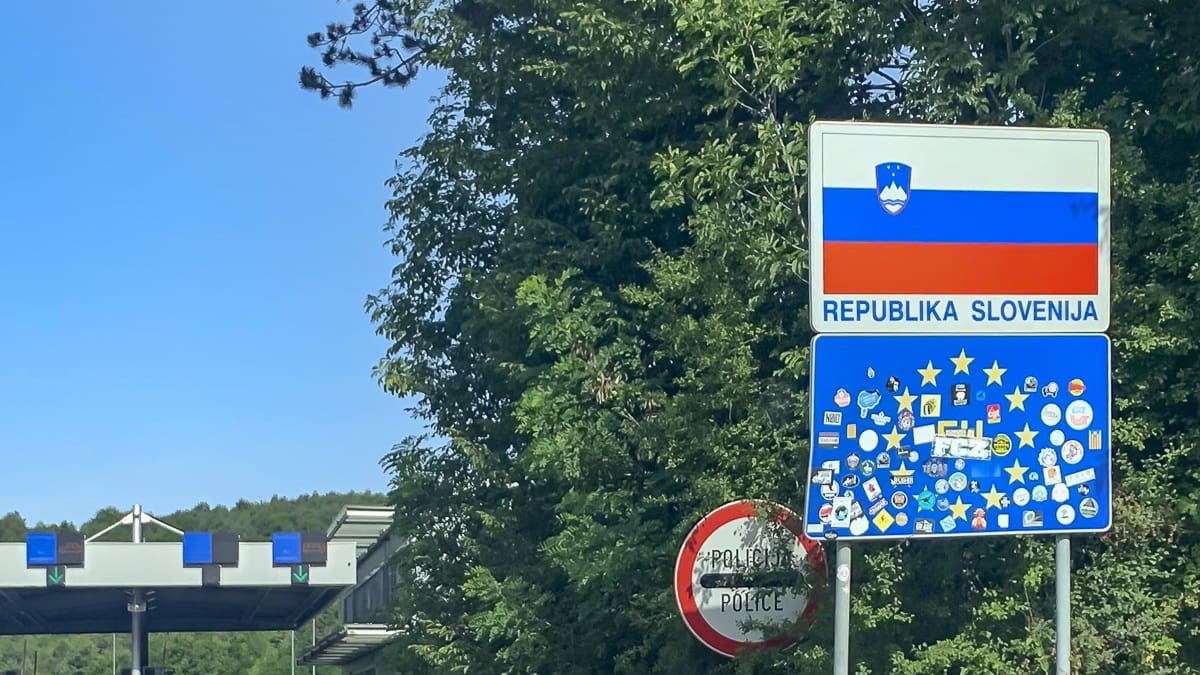The Italian government announced on Wednesday, 18 October that it will reintroduce regular checks on its border with Slovenia, starting 21 October. The two countries are both EU Member States and are part of the Schengen Area, thus no passport or the passing of any border control is by default needed to travel between the two nations. But it is not business as usual these days.
The Meloni administration cited the increased terror threat, as detected by their Ministry of the Interior, as the reason behind the stricter measures. With the horrifying Hamas attacks on Israel earlier this month and the subsequent retaliatory measures, there has been an increase in the activities of Islamist terror groups, which has already manifested itself in an attack in Brussels, Belgium on Monday, 16 October. Two Swedish football fans, travelling to watch their National Team’s qualifier against Belgium were shot dead by a Muslim extremist.
Italy has been under great migration pressure this year.
Around 140,000 migrants have tried to enter the country by sea, an 85 per cent increase from last year. In addition, around 14,000 illegal immigrants came across the Slovenian border, which is why the government decided to add the extra security measures temporarily. No border checks in the Schengen Area, the world’s largest free travel zone, were introduced in March 1995.
The right-wing conservative Fratelli d’Italia party, headed by Prime Minister Giorgia Meloni, came into power after winning the 2022 Italian parliamentary election. Strong immigration control was a big part of their platform, and PM Meloni is trying to deliver on that now.
This morning, Slovenia also announced it would reintroduce border checks at its borders with Croatia and Hungary, also citing terror concerns, as confirmed by Minister of the Interior Boštjan Poklukar on Slovenian public television. However, when the new measures will start to be implemented, and for how long, is yet to be determined.
Minister of Foreign Affairs Péter Szijjártó of Hungary responded to the new developments. In a Facebook post, he wrote:
‘Illegal immigration poses a great threat to Europe. The liberal politicians of Europe have been trying to deny that for too long, but, by now, it has become clear that Brussels has downplayed the threat related to illegal migration…However, the European economy is also taking some damage, as border checks within the Schengen Zone are hindering and slowing down commercial traffic and companies’ international operations…
It’s time for a shift, it’s time to change. If Brussels is not willing to change its migration policies, we could easily find ourselves where we don’t want to be: the time of Europe segmented by the old borders.’
Related articles:








